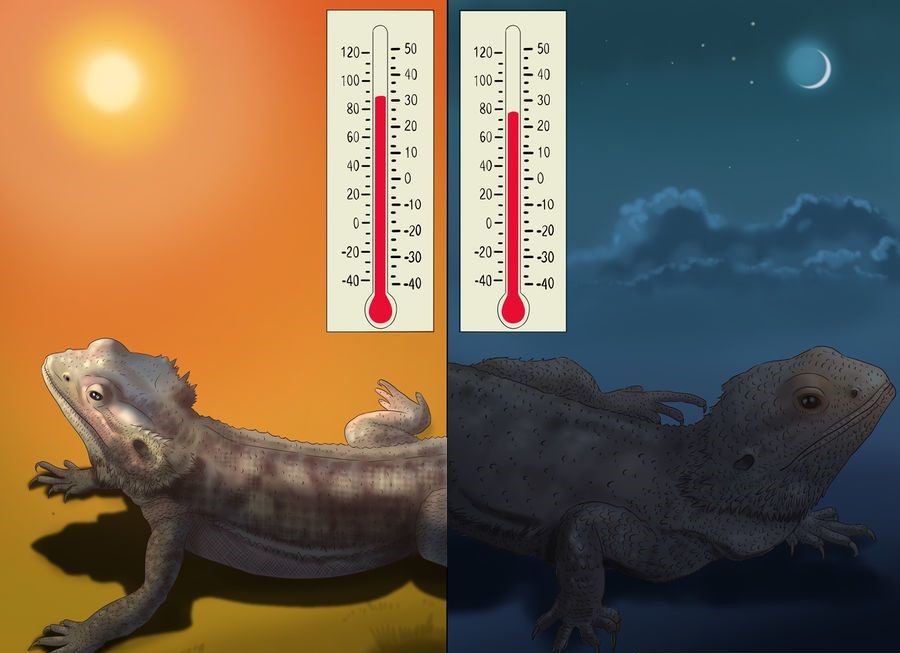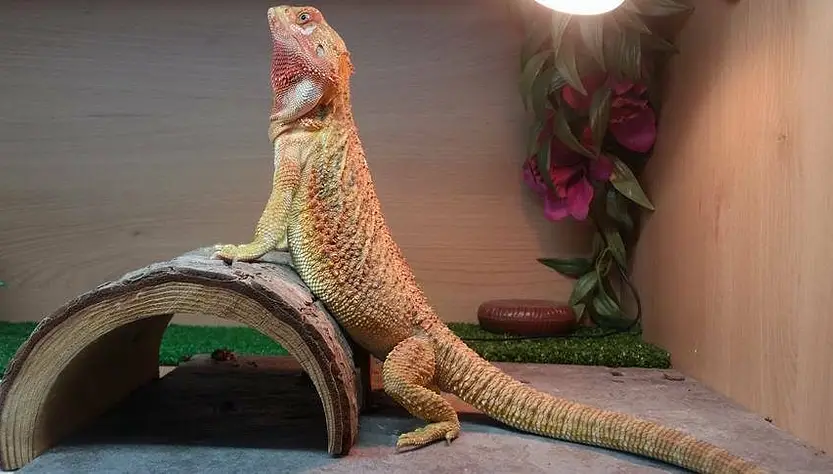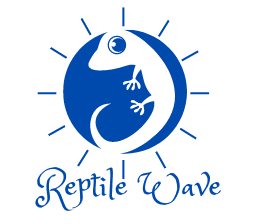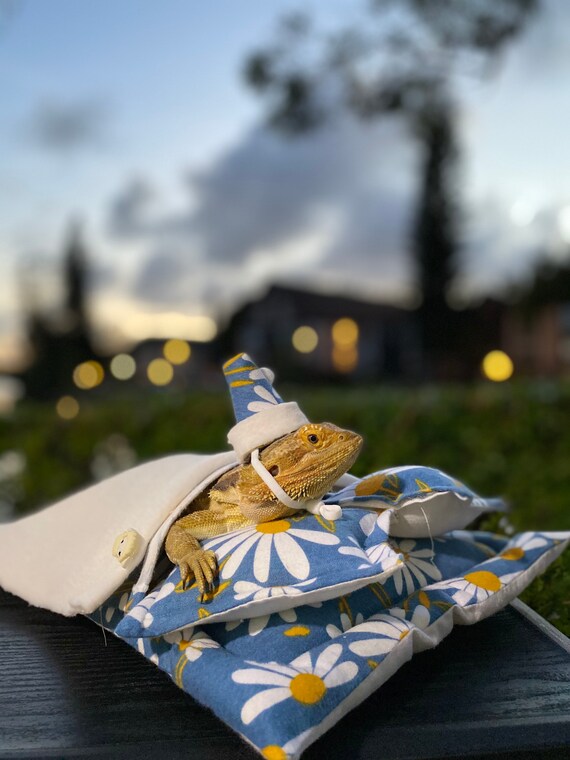On a cold night, you are spending time with your beloved Bearded Dragon. You’re a little worried about this question, How cold bearded dragons can get at night? Bearded dragons can handle nighttime temperatures between 65 to 75°F (18 to 24°C). While they need a warm basking spot during the day, a slight temperature drop at night is natural and beneficial.
This cooler period mimics their natural habitat conditions. However, it’s vital to avoid extremes. Temperatures below 65°F (18°C) can lead to stress and health issues except the wild living. To ensure their well-being, use a reliable thermometer to monitor the enclosure.
In this article, we’ll discuss the ideal nighttime temperatures for bearded dragons and why it’s important for their well-being.
What Is The Best Temperature Range For Bearded Dragons?

Bearded dragons are special reptiles that need the right temperature to stay happy and healthy. They can’t control their body temperature by themselves, so we need to help them.
Here’s what you need to know about their daytime temperatures:
- Basking Spot Temperature: Keep the special basking spot warm, around 95 to 110°F (35 to 43°C). This helps them digest food, stay healthy, and get the right sunlight for strong bones.
- Enclosure Temperature: The overall temperature in their home should be 75 to 85°F (24 to 29°C). Make sure it’s not too hot or too cold. This way, your bearded dragon can move around and be comfy.
Making Bearded Dragons Feel at Home-Temperature Zones
Bearded dragons love having different temperatures in their homes, just like in the wild. This means having a warm spot on one side and a cooler spot on the other.
Why is this important?
Bearded dragons move around to stay just the right temperature. It’s like choosing a cozy spot for them to feel good and balanced.
The temperature difference helps them digest food and stay healthy. They need the warm spot to process their meals and get all the good stuff.
Like a small diversion, bearded dragons warm up under their special spot and then cool down in the other area. This keeps them feeling great and follows their natural instincts.
Bearded dragon nighttime temps- needs and consequences if wrong?
Making sure your bearded dragon is happy during the night is like creating a comfy bedtime routine for them.
Natural Nighttime Drop
Just like in their wild homes, bearded dragons need cooler temperatures at night. This helps them rest and save energy. The right nighttime temperature is between 65 to 75°F (18 to 24°C). This helps them sleep well and stay healthy.
What Happens if it’s Wrong
- Too cold or too hot can stress them out, making them less active or affecting their appetite.
- Digestive problems may happen if it’s too cold, and breathing issues if it’s too chilly.
- Dehydration and problems with their body’s balance can occur if it’s too hot.
- It might even mess with their ability to have babies.
- Overall, the wrong nighttime temperatures can make them less healthy.
How Can You Keep Your Bearded Dragon Tank Warm At Night?

Keeping your bearded dragon’s tank warm at night is really important for their health. Here are some simple ways to do it:
- Use special heaters that give off heat without light.
- Put a heater under the tank to make the floor warm.
- Cover part of the tank with blankets to keep the heat inside.
- Choose heaters with settings you can change to get the right temperature.
- Keep the tank away from cold spots and use insulation to keep the heat in.
- If you use bulbs, pick ones that don’t shine too brightly.
- Give your bearded dragon cozy places to hide with warm materials.
- Check the temperature regularly to make sure it’s just right.
- Make sure there are warm and cool spots in the tank so your dragon can move around comfortably.
By following these simple steps, you can make sure your bearded dragon stays warm and happy at night!
FAQs
Here are some answers to your most common questions.
Yes, bearded dragons can enter a hibernation-like state known as brumation if exposed to prolonged cold temperatures. During brumation, their metabolic activity decreases, and they become less active.
No, bearded dragons are ectothermic and rely on external heat sources to regulate their body temperature. They require a warm environment to maintain essential physiological functions.
Yes, they do. But they may eat less or become inactive when they are too cold. It’s essential to ensure their environment is within the appropriate temperature range for feeding.
When bearded dragons are cold, they may appear darker in color as they try to absorb more heat. Alternatively, they might become pale or grayish.
A dehydrated bearded dragon may display sunken eyes, wrinkled or flaky skin, lethargy, and reduced skin elasticity. Providing access to water and maintaining proper humidity can prevent dehydration.
No, bearded dragons generally prefer lukewarm or slightly warm water for bathing. Cold water may be uncomfortable for them, and it’s essential to monitor their response during bath time.
Final Words
It’s most important to keep your bearded dragon warm at night. They like a little temperature drop, just like in their natural homes. If it’s too cold or too hot, it can stress them out and affect their health.
So, make sure their tank is just right, not too chilly or too warm. Use heaters, blankets, and check the temperature regularly.
By doing these simple things, you’re making sure your bearded dragon stays happy and healthy during their nighttime sleep. A well-cared-for dragon is a happy dragon!

